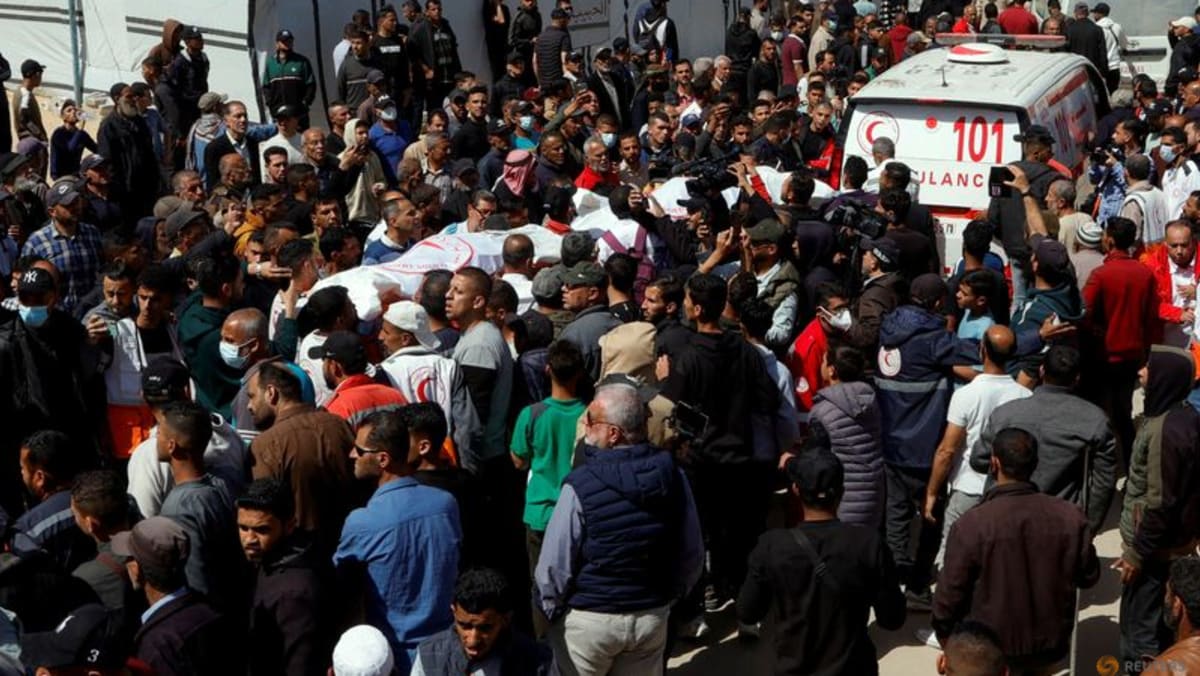Its statement said Haas was being held “pending deportation proceedings”. The precise meaning of this remained unclear. On Friday, the Indonesians said they expected “no problem” securing his extradition.
The Philippines is signed up to the Second Optional Protocol to the International Covenant on Civil and Political Rights, which, if followed, would prevent it from sending Haas to a possible death sentence in another country.
ANU professor of international law Donald Rothwell said Haas could be used as a bargaining chip in the Philippines’ long-running attempt to bring home Mary Jane Veloso, who has been on death row in Indonesia for more than a decade.
Veloso flew to Indonesia for a bogus job as a maid in 2010 and was discovered with heroin in her luggage. Her bid for freedom rests on the claim that recruiters hid the drugs there without her knowledge.
Veloso’s case is the focus of media attention in the Philippines, and President Ferdinand Marcos Jr, is under pressure to secure her return.
Rothwell said Haas could also fight extradition in the Philippine courts, which would delay Indonesia’s attempts.
The last Australians to be executed in Indonesia were Andrew Chan and Myuran Sukumaran in 2015.
Prime Minister Anthony Albanese reaffirmed on Sunday Australia’s opposition to the death penalty.
“We will continue to make diplomatic representations in an appropriate way,” he said.
“One of the things that the Australian government does is we stand up for Australian citizens, we make appropriate representations through diplomatic channels. And we’ll be doing that on this occasion again.
Get a note directly from our foreign correspondents on what’s making headlines around the world. Sign up for the weekly What in the World newsletter here.




















Discussion about this post